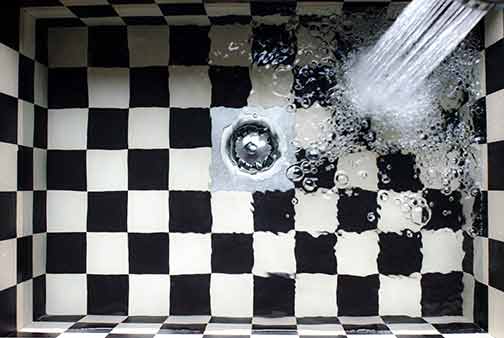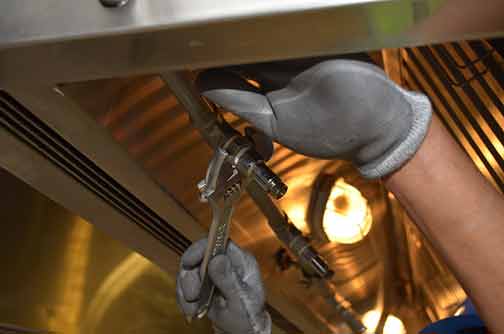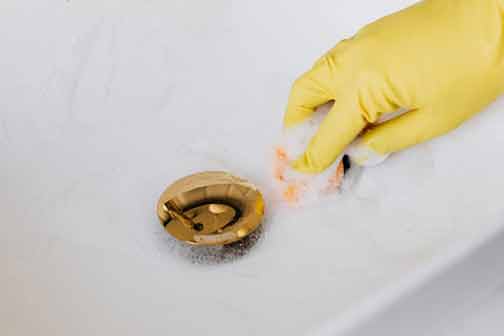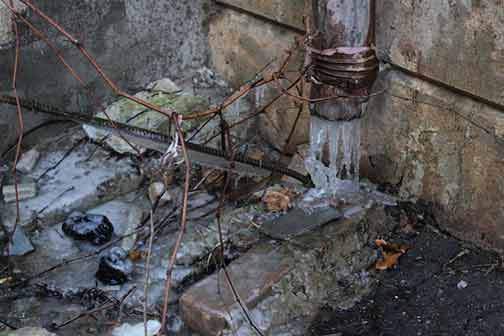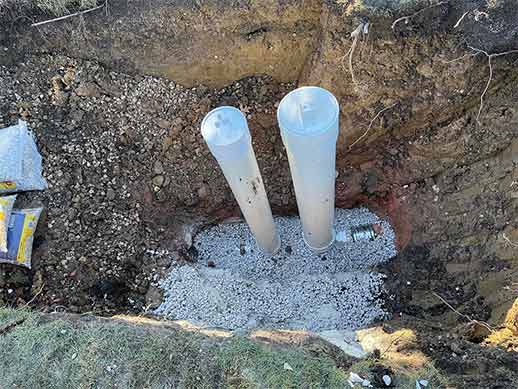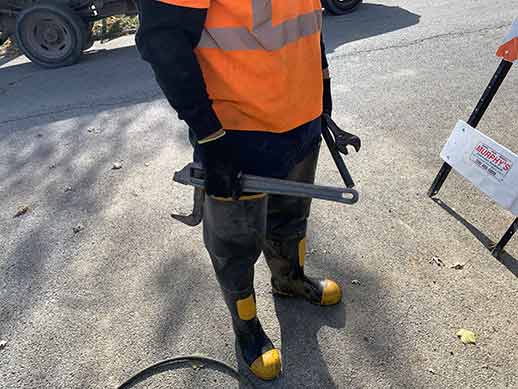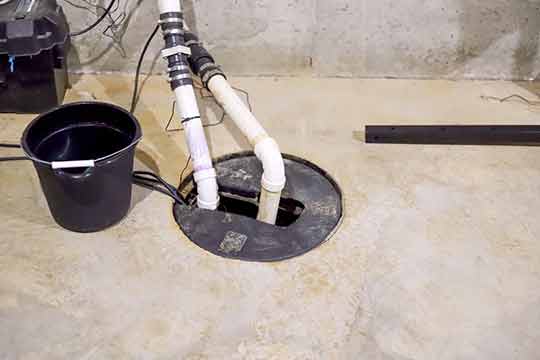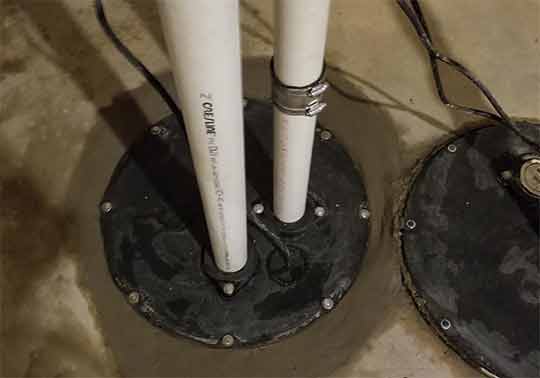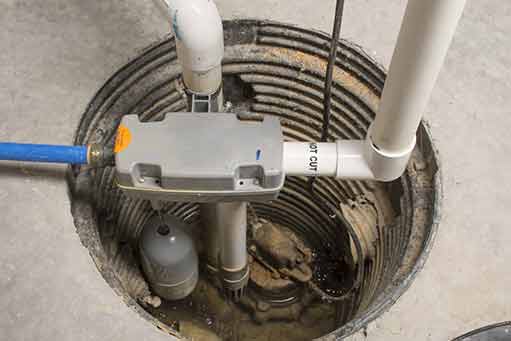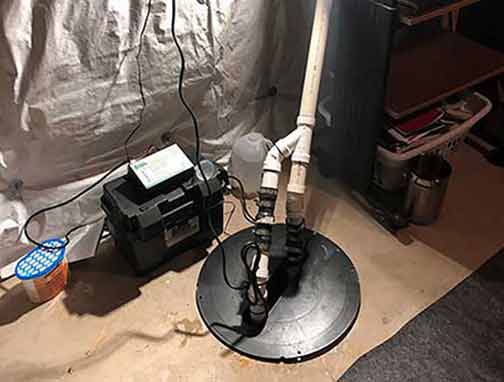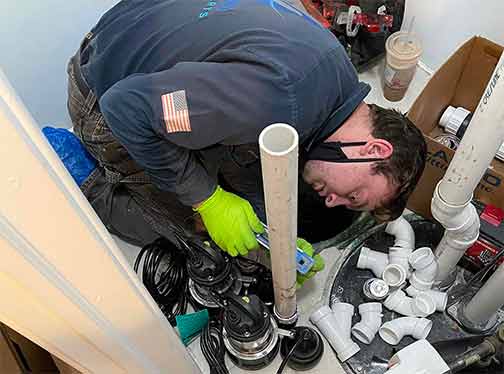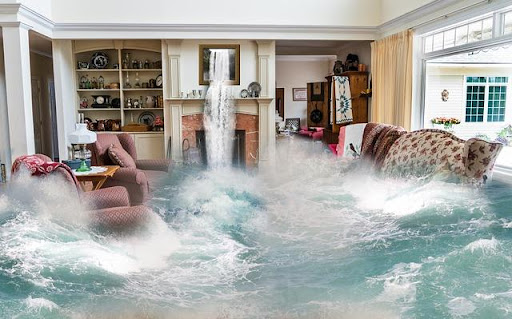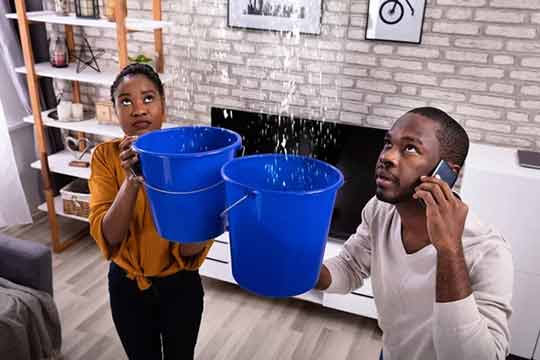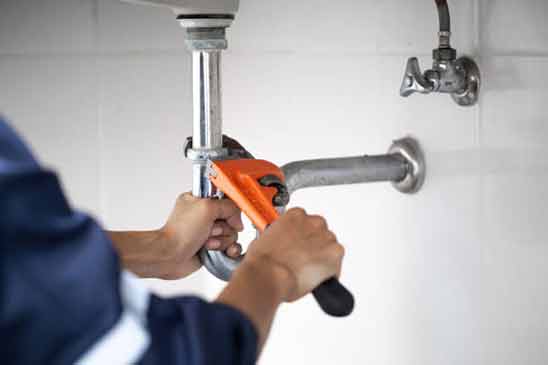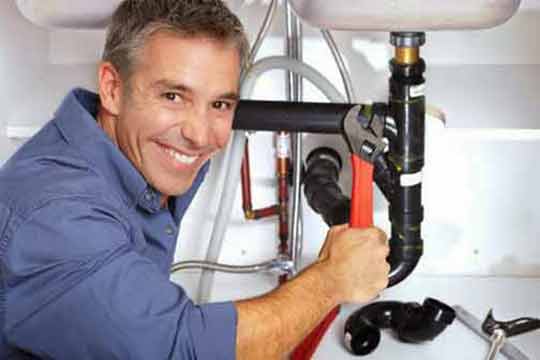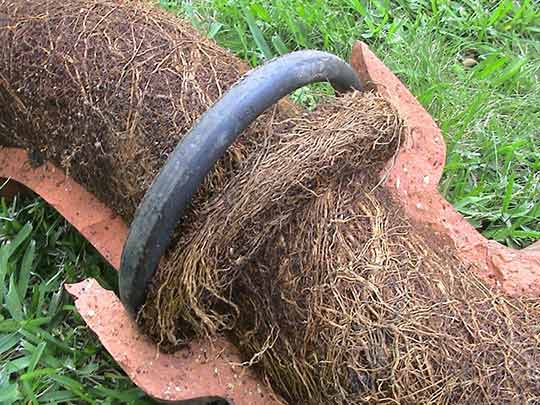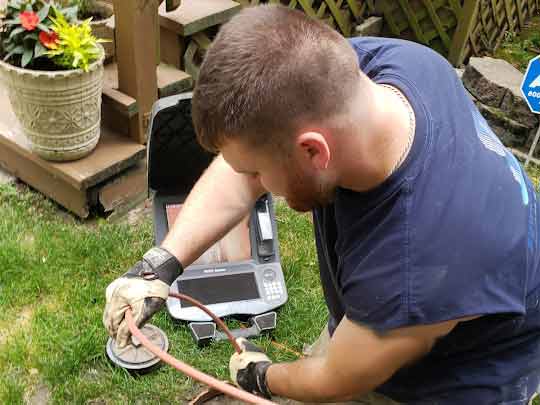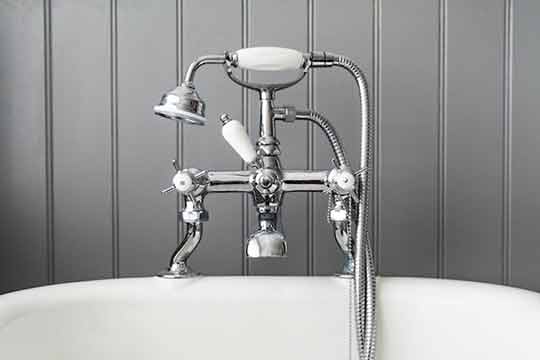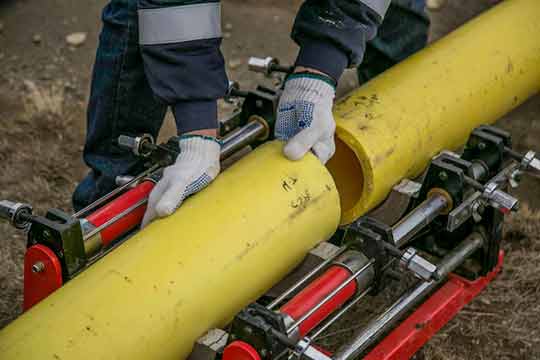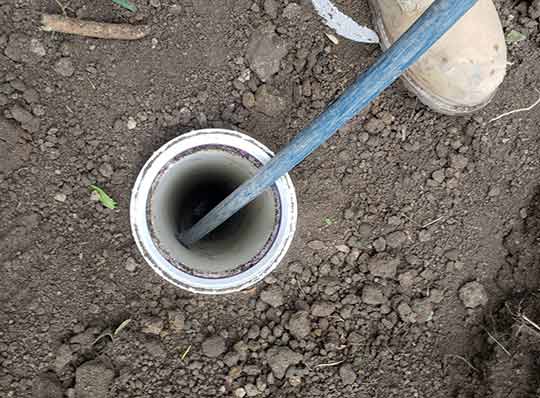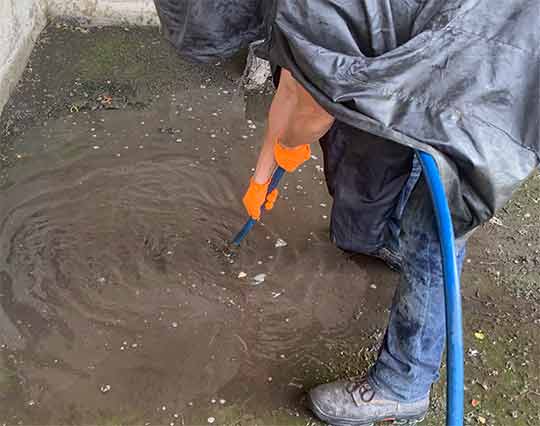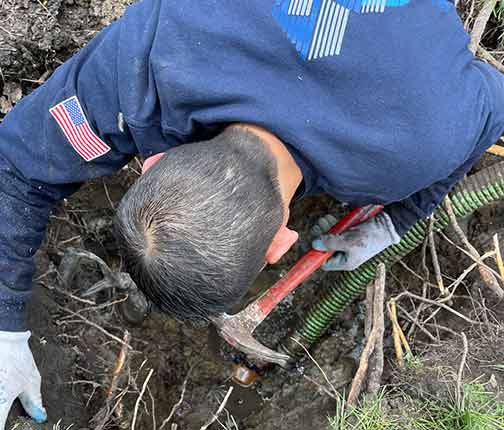
Plumbing emergencies are something that no homeowner wants to deal with. The sudden flooding, leaking pipes, or sewage backups can be not only frustrating but also cause significant damage to your property if not addressed immediately. When faced with a plumbing emergency, it is crucial to act swiftly and efficiently to minimize the damage and get the situation under control. In this article, we will share valuable tips from the city of Chicago’s best emergency plumbers on what to do when your plumbing goes wrong.
Shut off the Water
One of the first things you should do when you encounter a plumbing emergency is to shut off the water supply. This will help prevent any further water damage to your property. Locate the main water shut-off valve in your home and turn it off immediately. It is essential to familiarize yourself with the location of this valve before an emergency occurs to save time in such situations.
Assess the Situation
After turning off the water supply, take a moment to assess the severity of the plumbing emergency. Consider the extent of the damage, the potential causes, and whether it is something you can handle on your own or if professional assistance is necessary. Minor issues like a clogged drain or a small leak might be manageable with some simple troubleshooting, but more significant problems such as burst pipe emergencies or sewer backups require the expertise of an emergency plumber.
Call a Professional Emergency Plumber
If you are dealing with a severe plumbing emergency, it is best to call a professional emergency plumber right away. Chicago’s top emergency plumbers are experienced professionals who specialize in handling urgent plumbing issues. They have the necessary tools, knowledge, and expertise to quickly diagnose and resolve the problem, saving you time, effort, and further damage to your property.
Take Immediate Steps to Minimize Damage
While waiting for the emergency plumber to arrive, there are several immediate steps you can take to minimize damage to your home:
- Turn off electrical power: If there is standing water near electrical outlets or appliances, turn off the power at the main electrical panel to avoid the risk of electrocution.
- Clear the area: Move any furniture, belongings, or valuables away from the affected area to prevent them from getting damaged.
- Use buckets or towels: If there is excessive water or leaks, use buckets or towels to soak up the water and prevent it from spreading further.
- Open windows and doors: Ventilate the area by opening windows and doors to allow fresh air to circulate and aid in drying out the affected area.
Avoid DIY Fixes
While it may be tempting to try and fix the plumbing issue yourself, especially if it seems minor, it is generally advisable to avoid DIY fixes during a plumbing emergency. Incorrect repairs or temporary solutions can lead to more significant problems down the line and cost you more in repairs. Professional emergency plumbers possess the necessary expertise to efficiently diagnose the problem and offer a reliable and long-lasting solution.
Take Preventive Measures
Plumbing emergencies can be unpredictable, but there are preventive measures you can take to minimize the risk of encountering such situations in the future:
- Maintain regular plumbing inspections: Schedule regular inspections with a reputable plumber to identify and address any potential plumbing issues before they escalate into emergencies.
- Avoid flushing non-flushable items: Educate yourself and your family members on what can and cannot be flushed down the toilet. Flushing non-flushable items can lead to clogs and backups.
- Properly maintain your plumbing fixtures: Regularly clean and maintain your plumbing fixtures, such as faucets, showerheads, and drains, to prevent clogs and other plumbing problems.
- Winterize your plumbing: In colder climates, take necessary precautions to prevent frozen pipes, such as insulating exposed pipes and letting faucets drip during freezing temperatures.
Learn from the Experience
Experiencing a plumbing emergency can be stressful and inconvenient, but it also presents an opportunity to learn and be better prepared for future situations. Reflect on the experience and take note of what you could have done differently to prevent or minimize the damage. This knowledge will help you respond more effectively in case of any future plumbing emergencies.
In Summary
Dealing with a plumbing emergency can be overwhelming, but following these tips from Chicago’s top emergency plumbers will help you handle the situation with efficiency and minimize damage to your property. Remember to shut off the water supply, assess the severity of the issue, and call an emergency plumber if necessary. Take immediate steps to minimize damage and avoid DIY fixes that may worsen the problem. By taking preventive measures and learning from the experience, you can reduce the risk of future plumbing emergencies and keep your home safe and secure.
—
